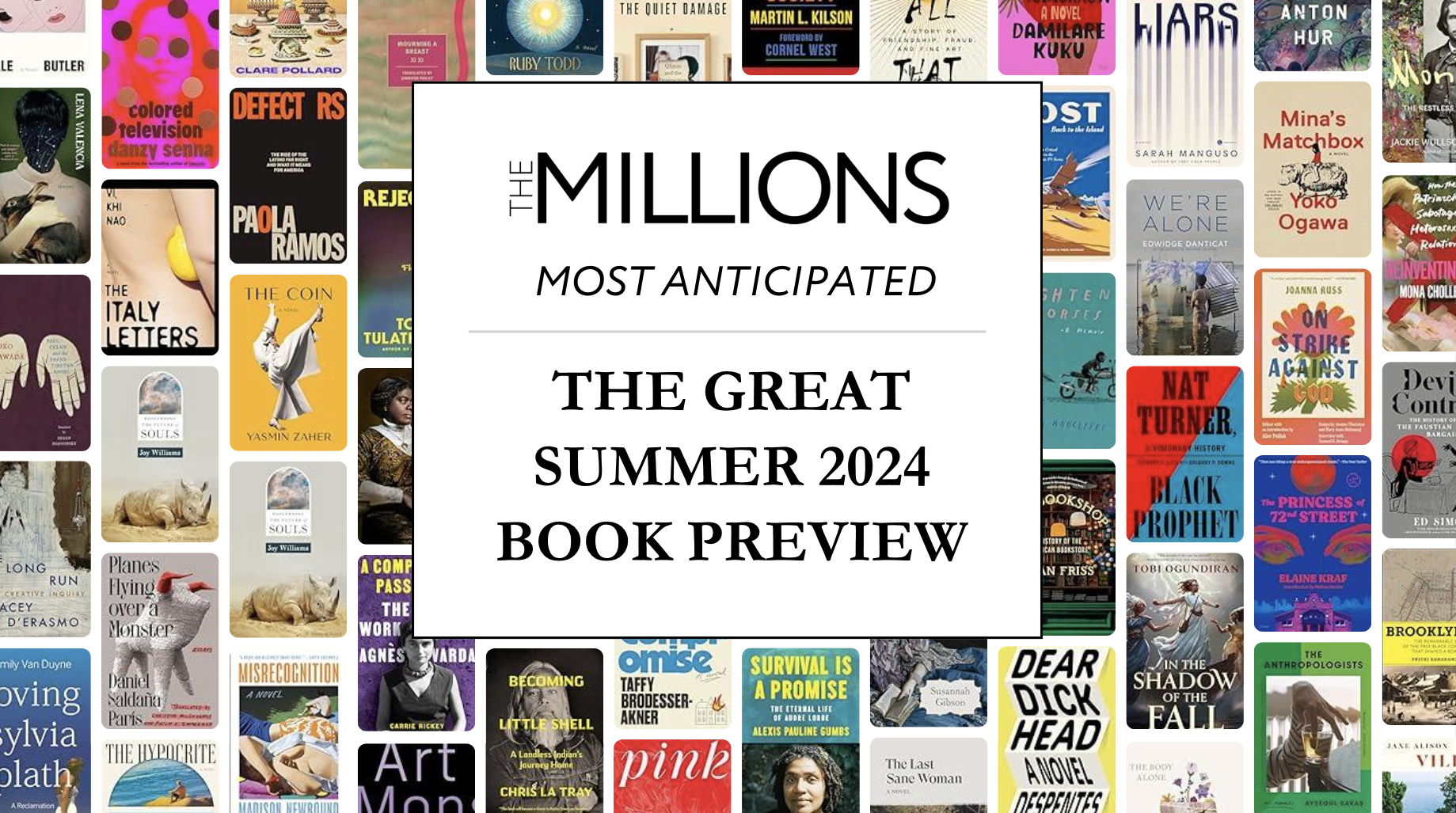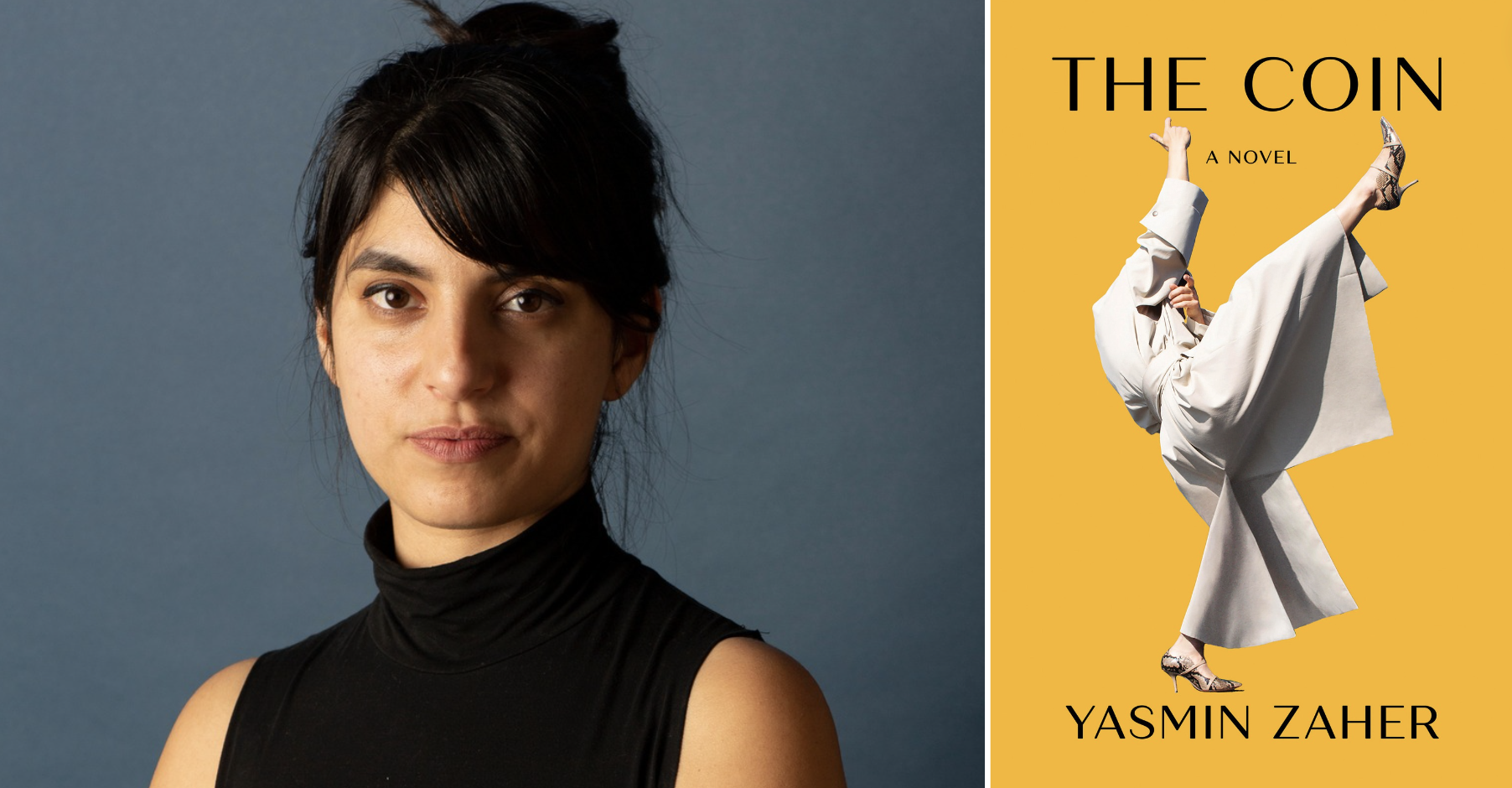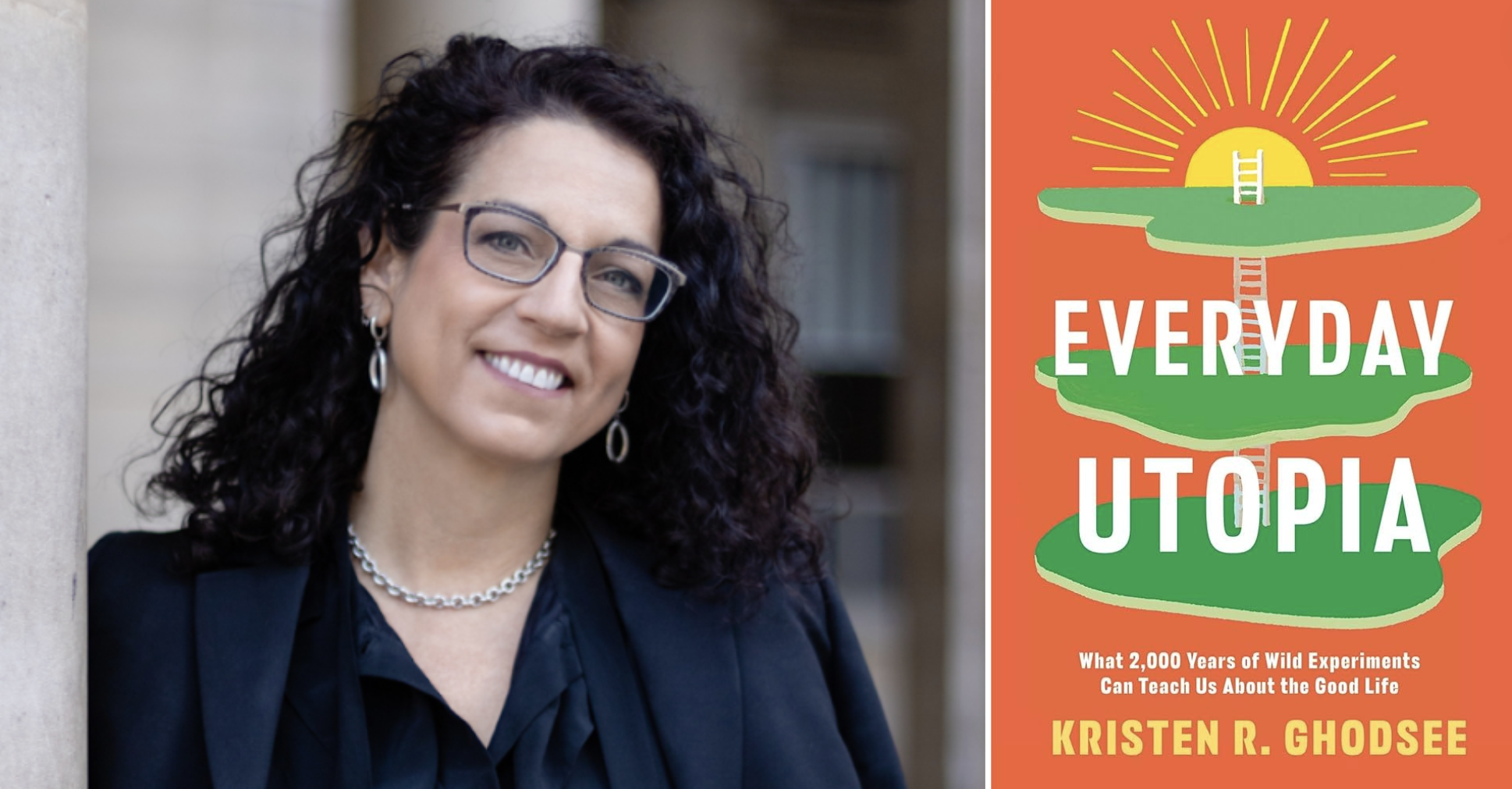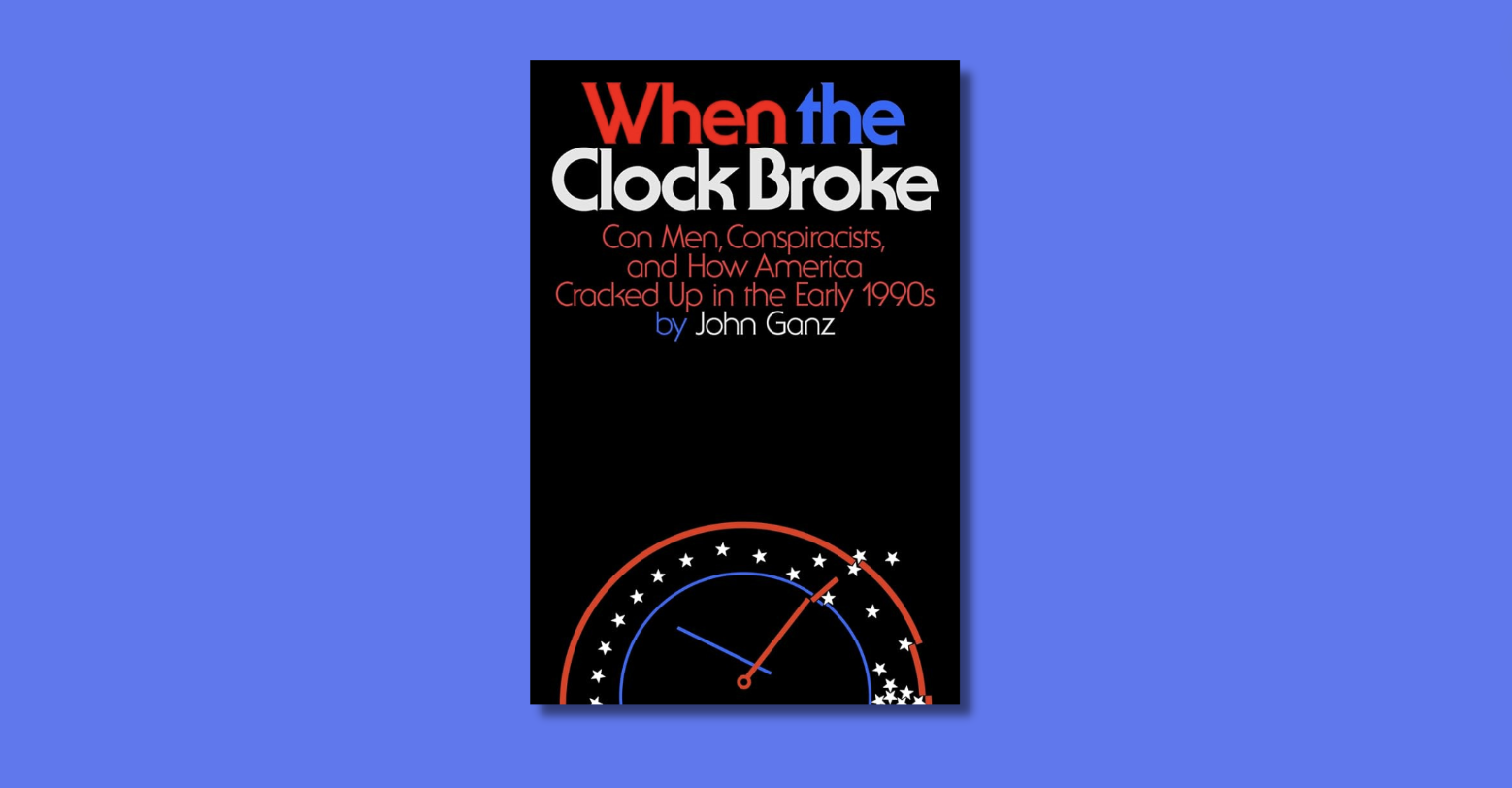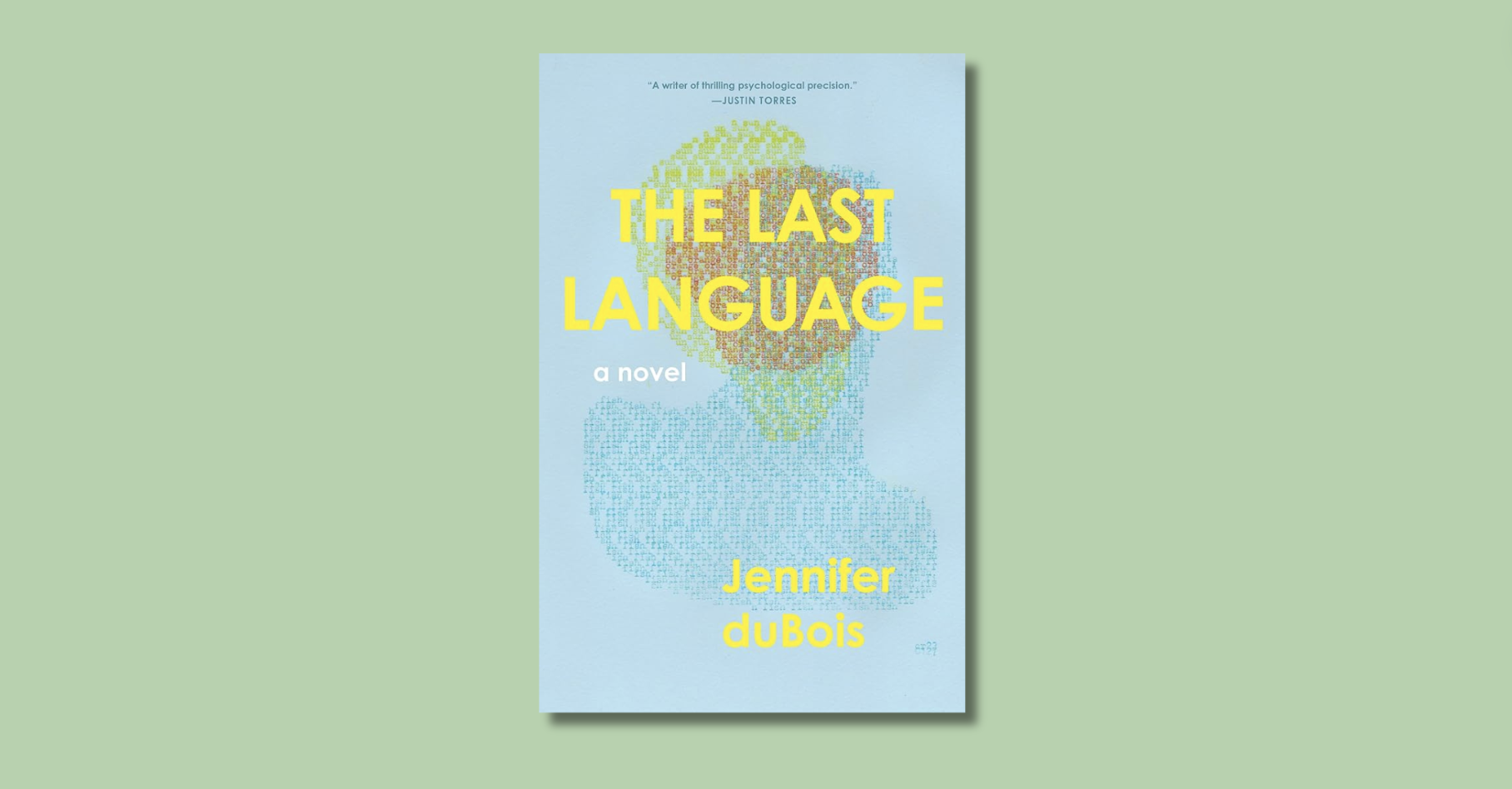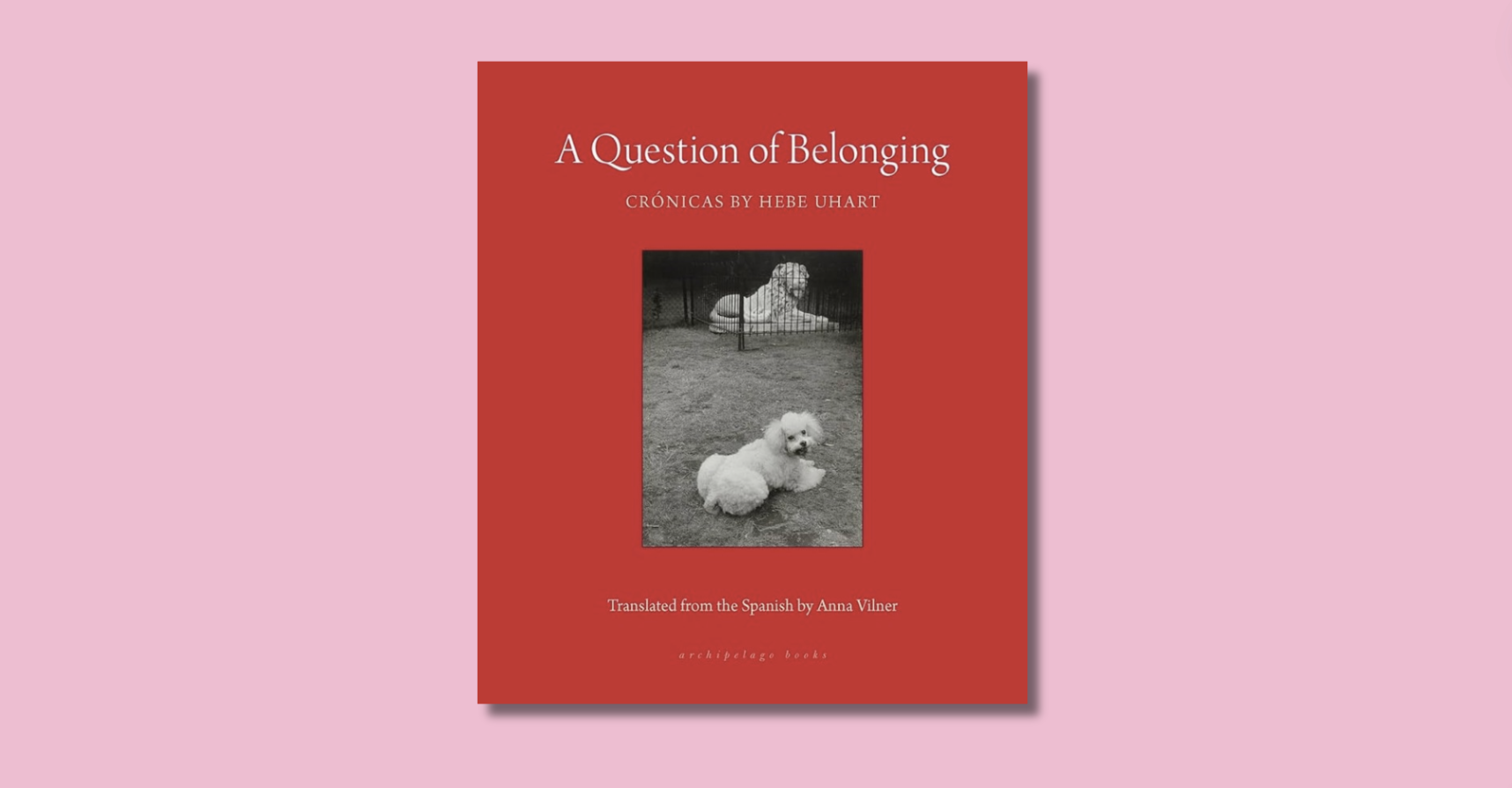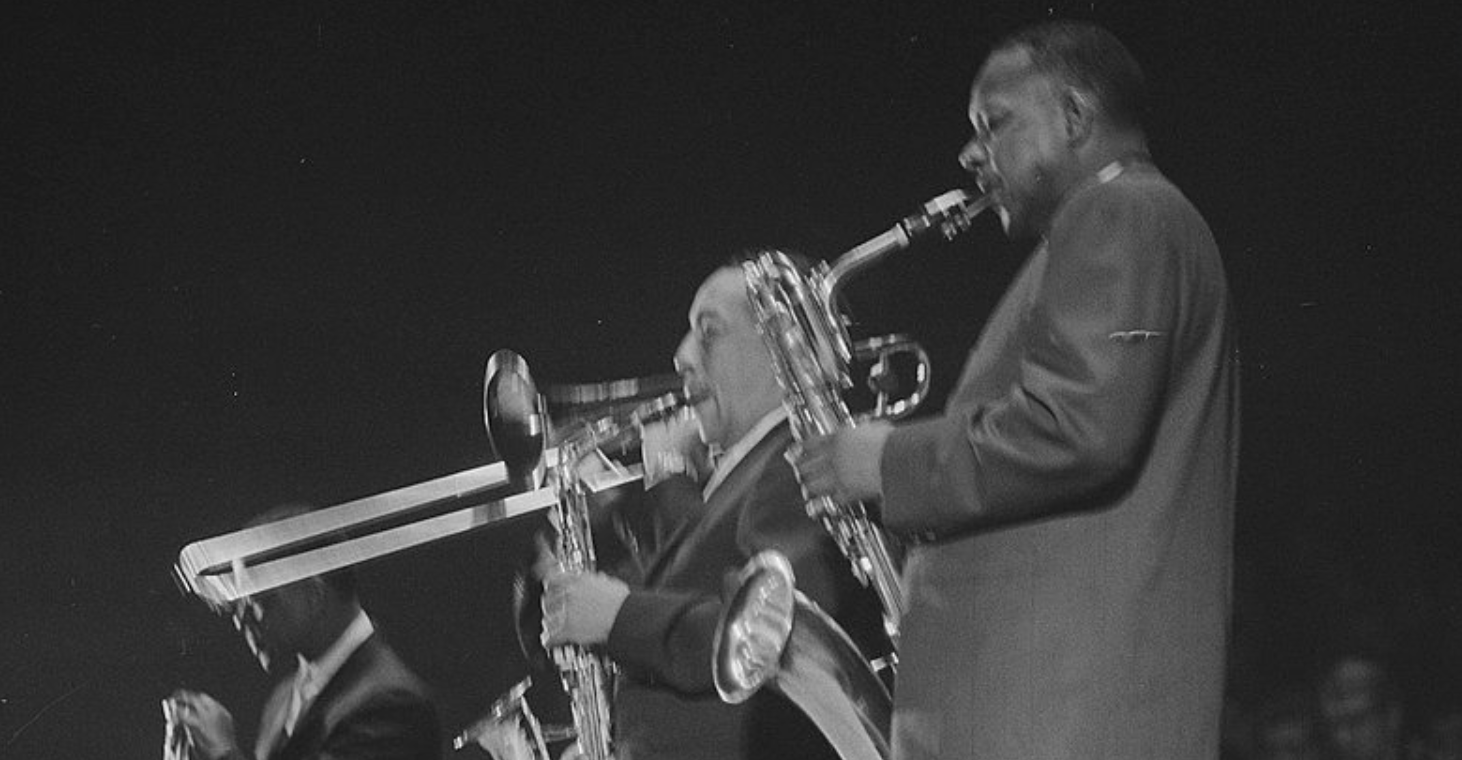
I have two — two! — publicists. This calls into question the whole underdog myth about my book — that is, that no one cared about it until Stephen Colbert did. But then again, so do my previous interviews: with my copy editor, my editor, and my agent. So much support! So much expertise! Sorry, but I’ve got to just feel the love for second.
Okay, I’m done.
I always thought there wasn’t a phrase more insufferable than “my publicist” (okay, there is: “my personal assistant”). It just sounds so entitled and show-offy and needlessly glitzy. It’s as if the person is strangling themselves to fit into a perceived brand. But now that I have publicists, I get it: aside from helping me with a billion little things, like cab ride reimbursements, they find readers for my book. It’s an important job.
(And, let’s get real: we all saw what happened when Tom Cruise fired his publicist. Makes you realize how badly they’re needed in this world.)
For a couple of months, I knew my publicists only via speaker phone, and I had a hard time telling their voices apart. I understood that Carrie Neill was a senior publicist at Little, Brown, and that assisting her with my book was associate publicist Amelia Possanza. But it wasn’t altogether clear to me who did what, and what their jobs consisted of. To me, “publicist” was a made-up job, fit for romantic comedies and teenage fantasies of adulthood (like “interior decorator” or “party planner”). Publicists wore high heels and had long shiny hair and got to go to all the parties — Samantha Jones takes over Knopf, if you will.
Clearly, I was deeply ignorant. Now that my book’s been out for six or so weeks, I understand just how crucial publicists are to the life of a book: from getting review coverage to putting galleys in booksellers’ hands to setting up events, and more. They work really, really hard.
Below is a conversation we had over email. I started by asking Carrie and Amelia how they ended up where they are today.
The Millions: Can you describe how you got into book publicity and what draws you to the profession?
Carrie Neill: I think, I hope, that a serious love for books and literature is what draws everyone into this profession — that was certainly true in my case. But I took a bit of a circuitous route to get here. I worked in communications in the design world for 10 years before I transitioned into publishing. There are actually a lot of similarities — in both cases you’re finding ways to tell stories about creative endeavors. A few years ago, I started my MFA in Creative Writing and eventually realized I wanted to make the transition into publishing. I can honestly say I love my job — I’m that annoying person who, when you ask her how work is going, lights up and says “Fantastically!” I get to work with really wonderful authors, so that makes it easy to love what I do.
Amelia Possanza: I always thought I’d go into journalism. I ran the newspaper in college and did a number of public radio internships. But I grew up in a house with so many books that they stopped fitting on the shelves long before I was born, and books are where my heart is. I love that book publicity has the same adrenaline as a newsroom with its fast pace and tight deadlines. Plus, publishing is going through huge changes (and growing pains) right now. No one can predict what the industry will look like a few years down the line, and it’s exciting to see those changes happening from up close.
TM: What is your day-to-day job like? What are the long-game goals of a book publicist, and how do those interact with your daily tasks?
Carrie: I have a number of different authors that I work with, and their books are all at different stages in the publicity process, so a large part of what I do is strategize about what each book needs at any given time in its life. The day to day of that includes a lot of time emailing and talking on the phone to media and bookstores, and a massive and constantly changing To Do list in my notebook. (I’ve used the same Kahier Kraft Moleskine notebooks for years — I must have 25 of them at home.) I write galley letters and craft pitches, work with bookstores to set up tours (one of my favorite things to do!), and work with authors on original pieces — like a Modern Love essay — that we can place with media.
But the long game sort of looks like this: after I’ve read a manuscript, I’ll sit down and draft an initial strategy for press, and then have a long conversation with the author to get to know each other and talk about what their hopes are for the book. Then I’ll revise my plan accordingly. Then that plan acts as a touchstone throughout the campaign — I can refer back to it and make sure that we’re doing everything we can to meet the goals we identified. Of course, you never know when something totally unexpected will happen — like Stephen Colbert saying your author has “the book of the summer” — and so plans change!
Amelia: I’m very much in the nitty gritty of publicity. It’s my job to keep track of all the little details — ensuring that books physically get into the hands of reviewers, keeping a record of the media coverage our books get, creating travel and interview schedules for authors, processing bills. I’m part travel agent, part administrative assistant, part book lifter, part party planner. My job is to be a problem solver, and every day it’s something a little different, be it mapping out the most logical route for a book tour or rerouting an author whose flight has been cancelled. It’s an apprenticeship, too. While I’m managing all these little details, I’m also learning how to be a publicist. As time goes on, I’m getting assigned to more and more of my own projects, and I’ve started doing more and more of what Carrie does.
TM: Can you define what a “platform” is? Do you think a writer needs one?
Carrie: It’s kind of a scary word, for fiction writers especially, in part because creating a “platform” feels so separate and isolated from the craft of writing. It’s certainly not something I think writers should be thinking about while they’re writing — their focus should be on the work, and creating the best possible story. But I understand the desire to try and find your specific niche — there are so many fantastic writers and books out there, and it can be difficult to distinguish yourself amongst the crowd. I think if a platform naturally evolves out of what you’re doing, great. But I don’t think it’s necessary. That’s part of the publicist’s job — to help communicate how each writer’s story and book is unique.
Amelia: To me, a platform is just a place where writers can give readers more than what’s contained between the covers of a book. That platform could be as static as a website or as interactive as a Twitter account, and some writers choose to use a couple of these building blocks to make a platform. All writers should have something, but there’s more than one way to do it right. Some writers might discover their community on Tumblr (I’m looking at you, Edan), while others find their voice best suited for Facebook. At the end of the day, it’s just a way of talking with your readers and helping some new ones find you, and I hear it can be pretty rewarding.
TM: What is your dream author like? What’s helpful to you as a publicist? What’s a hindrance? What’s your all time biggest pet peeve when it comes to working with writers?
Carrie: Witty, charming, does whatever I suggest? No in all seriousness, the key for both publicist and author to is to be direct with one another. If an author tells me that they don’t feel comfortable doing something I’ve suggested, like writing an essay on a particular topic, then it’s important for me to listen to that. But sometimes it’s also my job to help push authors a little bit outside their comfort zones, and help them realize they might be capable of things they hadn’t considered.
Amelia: The most important thing in an author-publicist relationship is trust, and that takes two. It’s hard when an author is resistant to my suggestions right from the get go, but I also know that it’s my responsibility to earn and maintain that trust. And a healthy dose of skepticism is always welcome — it makes me reconsider my way of doing things.
TM: At Little, Brown, how is book publicity related to editorial? That is, are editors often involved in your work, and vice versa?
Carrie: We work very closely together. I’m coordinating with a book’s editor constantly, bouncing ideas off them, keeping them posted on media developments, strategizing about overall direction for a campaign. It’s very collaborative process, at Little, Brown especially I think, which is really fantastic.
Amelia: Yes, yes, yes, yes. It’s really a team effort to publish a book. At least one publicist is involved in the life of a book from the acquisition process up through publication day and into the following months. Publicists can offer new perspective on a book proposal, insight into how the media might react to a particular title, or even suggestions on the best time of year to publish a book. Editors are often a book’s first champion in-house. They know a book inside and out, so they’re primed to give us insightful ideas for pitches and media opportunities. I’ve found publishing to be a very collaborative environment — everyone’s ideas are taken seriously, no matter what your title.
TM: How early in a book do you get involved? And do you read what you’re promoting?
Carrie: Yes, absolutely, you have to read the books you’re working on. (And why would you not? That’s one of the best things about the job!) Often I even read books twice — once as soon as I get the bound manuscript and again a month or so before publication. I’m a bit of a plot-monger on first read, so a second reading often helps remind me of the nuances and smaller details that give a book a distinct voice. And I think coming back to a book with fresh eyes after having lived with it for a few months is helpful; it can help you identify aspects of the story you may not have thought about before, which obviously helps in pitching it to media.
Amelia: Like I said before, there’s at least one publicist involved right at the beginning of a book’s life at Little, Brown — at the acquisition stage. But typically, a publicist starts planning a campaign about a year out. That’s when we start pinpointing what media and events will be crucial to get a book off the ground. Then about four months out from publication we send out galleys for early reads, and things really kick into high gear. At that point we start all the pitching and scheduling and author communications. I always read the books I’m working on. Otherwise I think it would be impossible for me to convince someone else to dig in. And besides, it’s one of the best parts of the job — getting to be one of the first to read a new literary voice or the latest from an esteemed author.
TM: How would you describe “book buzz?” Do you see it an act of the fickle, fickle universe — or do you believe you and the author can produce it?
Carrie: You can produce it up to a point. Do I think a publisher’s excitement and passion for a book will translate into other people being interested in it? Absolutely. There are always things you can’t predict or control, and so sometimes it does come down to the fact that it’s a fickle, fickle universe, yes. But that doesn’t mean you shouldn’t try.
Amelia: Over the years, I’ve heard writers say that their craft is some combination of discipline and inspiration. They’ve got to stay in shape — going back to their desks or coffee shops or offices day after day — so that they’re prepared for the moment the muses strike. With book buzz it’s the same way. It’s hard to predict exactly which early blurb, giveaway, review, book trailer, or interview is going to get people talking, but I can say that it’s nearly impossible to create buzz without planting those seeds.
TM: What advice do you have for an unpublished author who might be nervous about the publicity side of publishing?
Carrie: I’ve gone through mock-interviews with authors over the phone or listened to the practice passages they’re planning to read at an event. I’ve even gone shopping with authors. For Spanx. The part of the process where your book is finally out in the world and you get to talk to people (complete strangers!) who have read it? That’s the fun part, I promise. At least one of them.
Amelia: Don’t be! Writing a book sounds like a marathon to me — long and a little bit lonely. Publicity is the time to finally share that work with a wide audience and find your readers. From author events to interviews to reviews, it’s all just a way of letting people know a book is out there and grab the attention of readers.
Image Credit: Flickr/Ernst Moeksis
